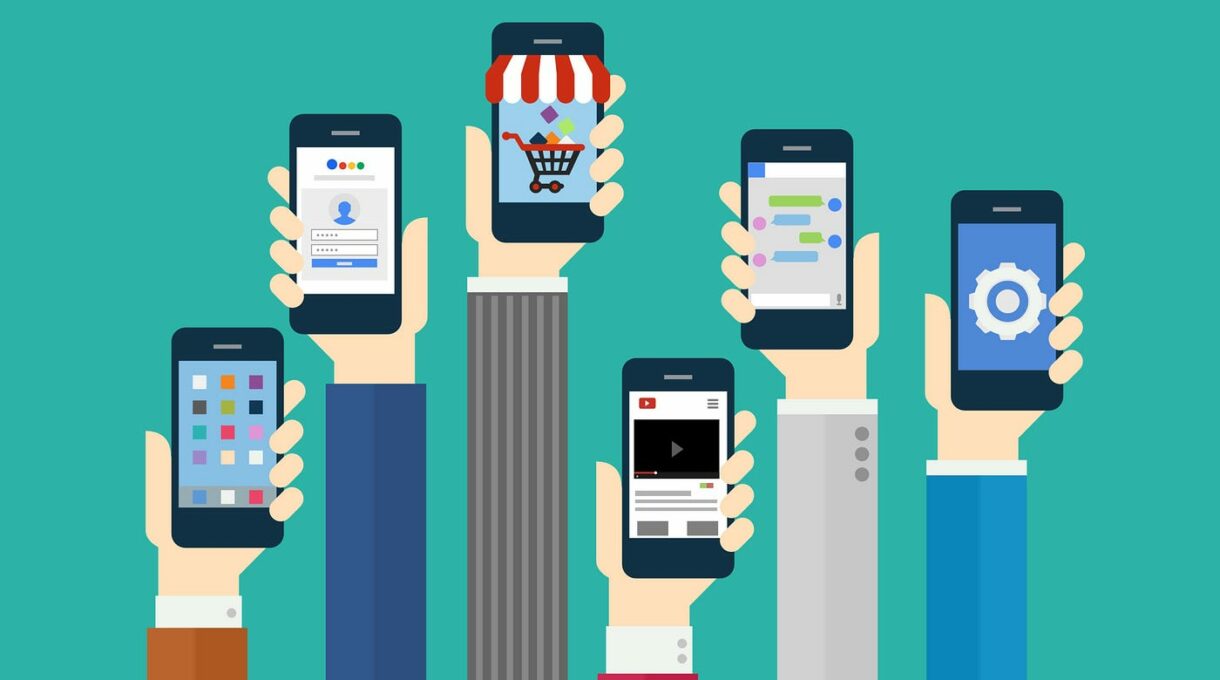In today’s digital age, mobile devices have become an integral part of our daily lives, transforming the way we communicate, shop, and interact with brands. Mobile marketing, as a dynamic and targeted approach, has emerged as a powerful tool for businesses to connect with their customers on the devices they use most frequently. This strategy leverages mobile technology to reach a vast audience, drive engagement, and boost brand visibility. In this article, we will delve into the world of mobile marketing, its significance in the business landscape, and how it accelerates growth in the mobile-first era.
Understanding Mobile Marketing:
Mobile marketing encompasses a wide range of strategies and tactics designed to engage and interact with users on their mobile devices, such as smartphones and tablets. This form of marketing leverages various channels, including mobile apps, SMS, social media, mobile-friendly websites, and in-app advertisements, to reach target audiences effectively. Mobile marketing aims to create personalized, relevant, and seamless experiences for users, ultimately driving conversions, customer loyalty, and brand advocacy.
The Significance of Mobile Marketing:
- Mobile-First User Behavior: With the increasing reliance on mobile devices, users are spending more time on smartphones and tablets than ever before. Mobile marketing enables businesses to meet their audience where they are most active and engaged.
- Wider Reach: Mobile marketing has a global reach, allowing businesses to connect with a vast audience irrespective of their geographic location.
- Personalization and Targeting: Mobile marketing enables businesses to collect user data and preferences, facilitating personalized and targeted advertising. This enhances the relevance of marketing messages and increases the likelihood of conversions.
- Instantaneous Communication: Mobile marketing channels, such as SMS and push notifications, offer direct and immediate communication with users, making it an effective way to deliver time-sensitive offers and updates.
- Enhanced Customer Engagement: Interactive mobile marketing campaigns, such as quizzes, polls, and mobile games, foster higher customer engagement, strengthening the bond between the brand and its audience.
Key Strategies in Mobile Marketing:
- Mobile-Optimized Websites: Ensure your website is mobile-friendly and responsive to different screen sizes. A seamless mobile browsing experience is critical for customer retention.
- Mobile Apps: Develop a branded mobile app to engage users and provide value through exclusive content, loyalty programs, and personalized offers.
- SMS Marketing: Use SMS to send promotions, discounts, and time-sensitive offers directly to users’ mobile phones.
- In-App Advertising: Consider advertising on popular mobile apps to reach a broader audience and increase brand exposure.
- Location-Based Marketing: Utilize location data to deliver relevant offers and messages to users based on their proximity to physical store locations.
Measuring Mobile Marketing Success:
- App Downloads and Installs: Track the number of downloads and installations of your mobile app to measure its popularity and reach.
- User Engagement: Monitor user interactions with your app or mobile website, such as time spent, pages visited, and actions taken.
- Conversion Rate: Measure the percentage of users who complete a desired action, such as making a purchase or filling out a form.
- Customer Lifetime Value: Assess the long-term value of mobile customers to understand the return on investment (ROI) of your mobile marketing efforts.
Conclusion:
Mobile marketing has become an indispensable aspect of modern business strategy, offering a direct and personalized means to connect with customers in the mobile-first era. By leveraging mobile technology and adopting targeted strategies, businesses can tap into a vast and engaged audience, drive conversions, and foster long-term customer relationships. With the ever-increasing importance of mobile devices in our lives, embracing mobile marketing is not only essential for staying competitive but also for accelerating business growth and success in today’s digital landscape.

